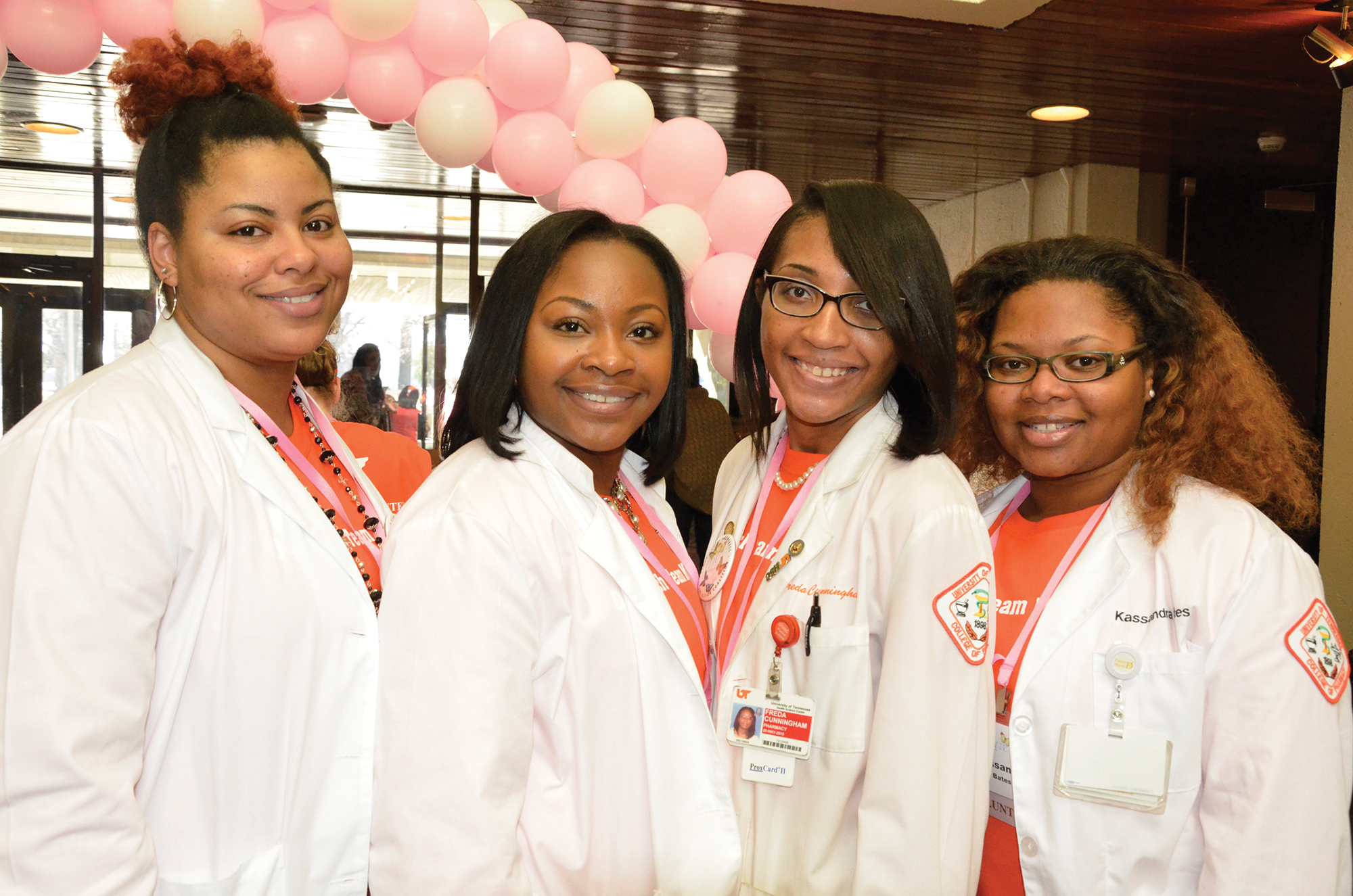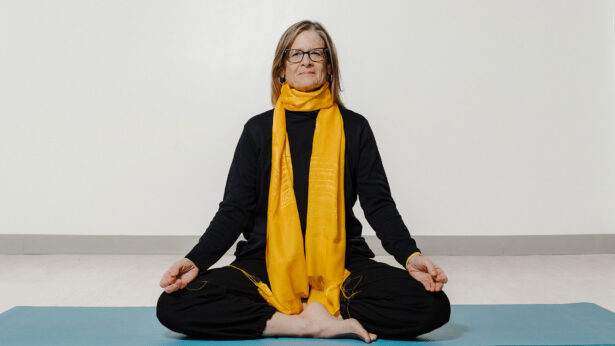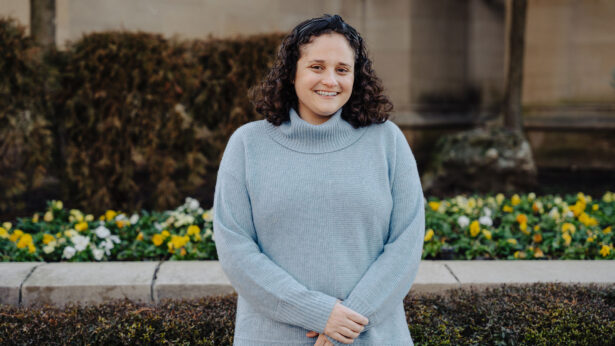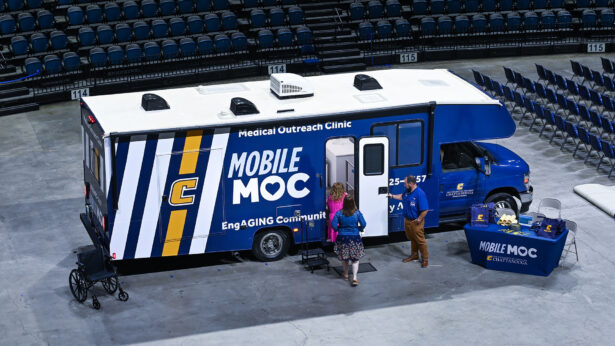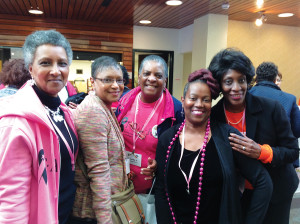
More than 530 African-American women attended the first LIVE! breast cancer summitat UTHSC in February. Designed to unite, support and empower African-American women to take charge of their breast health, the summit was hosted by more than a dozen organizations coordinated by the Research Center on Health Disparities, Equity and the Exposome at UTHSC. Patricia Matthews-Juarez, co-director of the center, says black women in the region discover breast cancer much later and die from it much earlier than other groups.
Help Students Dream Big
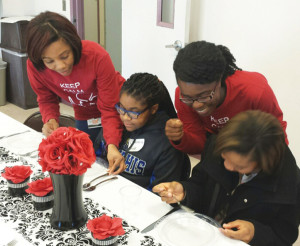
The Student National Medical Association (SNMA) hosted “Dream Big,” a community outreach conference for students in grades 6-12 to sharpen their social, cultural and professional skills. SNMA supports current and future underrepresented minority medical students, addresses the needs of underserved communities and helps increase the number of culturally competent and socially conscious physicians.
Compassionate Patient Care
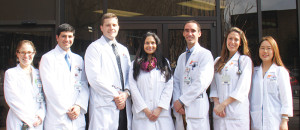
UTHSC medical students lobbied their fellow students and health-care professionals in Memphis, Knoxville and Chattanooga to support compassionate patient care as part of National Solidarity Day coordinated by the Gold Humanism Honor Society. The event was started after the 2011 shootings in Tucson, Arizona, that killed six people and injured then-U.S. Rep. Gabrielle Giffords and 13 others. Giffords’ trauma surgeon, Dr. Randall Friese, told the media during her recovery that the most important actions he took that day were “holding her hand, speaking to her and reassuring her that she was in the hospital and would be cared for.”
Treating Radiation Exposure
Dr. Gabor Tigyi and his research team have gotten international attention for developing a drug candidate for treating victims of acute radiation sickness from nuclear disasters like at the Fukushima nuclear plant in Japan. This drug would be used after radiation exposure, while drugs currently on the market must be used before exposure. RxBio Inc., a biotech company founded by Tigyi and other UTHSC faculty, will continue development of the drug. “My colleagues and I hope that the real benefit and use of our compounds will not be as radiation countermeasures for first responders, the military and civilians, but in attenuating the side effects of the medical uses of radiation in cancer therapy,” says Tigyi, Harriet Van Vleet Professor of Physiology. He also says the drug could be useful in protecting astronauts during space travel.
